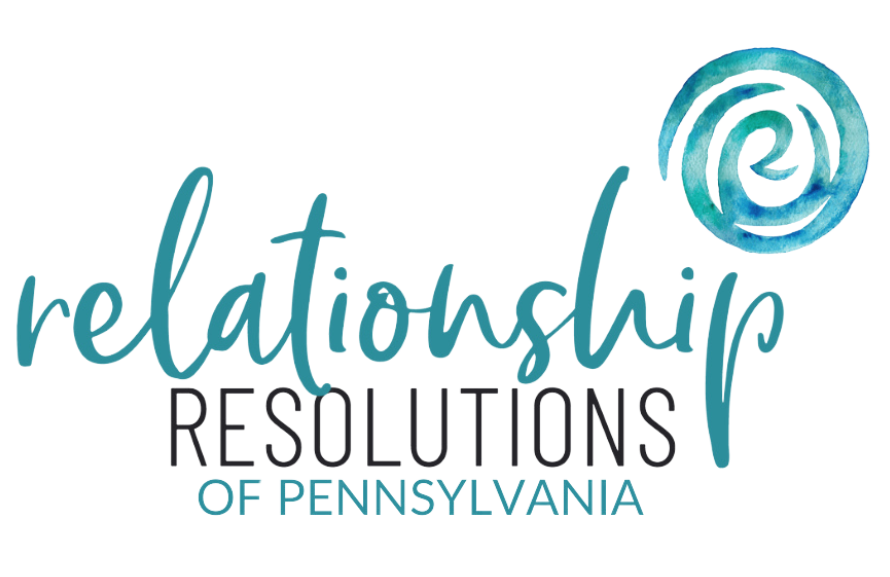Frequently Asked Questions
I’ve never been in counseling before, what is it like?
At Relationship Resolutions, the therapy experience is what you make of it. Our therapists do not have hidden agendas. We spend time getting to know you and your situation so that we may best understand how it is that we can help you achieve your goals. Therapy is seen as a collaborative process between the client as the expert in their own lives and the therapist as an expert in facilitating change.
I’ve been in counseling before and didn’t find it helpful. How will this be any different?
Research has shown that one of the most significant factors affecting a client’s response to counseling is the relationship between the therapist and the client. No matter how much education or experience your therapist had, if you didn’t feel safe or understood, you were unlikely to reap the benefits of counseling.
Your lack of success with prior counseling may also have been related to the expectations you had versus the experience you got. It is extremely important to discuss your expectations for counseling with your therapist early on and be honest with him/her about whether or not you feel as though your expectations are being met as the process develops.
Another explanation may be that your level of readiness to change has increased or changed since your prior counseling experience. As previously stated, no matter how much education or experience your therapist had, if you are not ready to change a particular part of your life, the therapist can’t do it for you. The therapists at Relationship Resolutions, however, have had training and/or received supervision about Motivational Interviewing techniques, an approach which has demonstrated effectiveness in helping clients resolve their ambivalence about changing.
Will anyone know I am attending therapy?
The short answer is no, not unless you tell them or you have signed a written consent which specifies what information is to be released, for what purposes, and during what timeframe.
In general, the law protects the confidentiality of all communications between a client and a psychotherapist. Information is not disclosed without written permission. However, there are number of exceptions to this rule. Exceptions include:
– Suspected child abuse or dependant adult or elder abuse. The therapist is required by law to report this to the appropriate authorities immediately.
– If a client is threatening serious bodily harm to another person/s. The therapist must notify the police and inform the intended victim.
– If a client intends to harm himself or herself. The therapist will make every effort to enlist their cooperation in insuring their safety. If they do not cooperate, further measures may be taken without their permission in order to ensure their safety.
Can I save my relationship if my partner is unwilling to come to counseling?
Yes. Ultimately the way to change any relationship is to start with oneself. If one person in the relationship changes, the other has no other choice but to change in response.
Additionally, one of the treatment goals for individual counseling can be to motivate your significant other to attend counseling. Part of the sessions can be devoted to exploring your spouse’s hesitation, as you’ve experienced it, and problem-solve ways to effectively communicate your desire for him/her to come to counseling.
What do I do if my spouse says s/he doesn’t love me anymore?
In chronically distressed relationships it can feel like the love is gone, but more often than not, the reality is that the distance or conflict has escalated to such a point that the previous feelings of love have gotten buried and one or both partners are having a hard time accessing them. This leads to the belief that the love is just no longer there.
We recommend asking your spouse if s/he would be willing to give therapy a try, even if s/he doesn’t think s/he loves you anymore. Any relationship can be saved if the 2 people involved are committed to seeing if it can work. At Relationship Resolutions, we often ask the people in distressed relationships to agree to a 6-month (or other pre-determined length of time) commitment to the therapy process even if there feels like no hope. It is entirely possible during this time, with the appropriate level of commitment and the right treatment, that the feelings of love will resurface.
My relationship has been suffering for years. Is it too late for counseling?
No, we believe it is never too late (as stated in previous answer). Obviously, therapy has a better chance at producing desired change in an efficient manner the earlier the problems are addressed. However, although the therapy process may take longer or require more work from you and your significant other if you’ve waited awhile, your situation is certainly not impossible or hopeless.
Is relationship counseling only for heterosexual, married couples?
Absolutely not. Any distant or conflictual relationship can benefit from relationship counseling. Our therapists have worked to help restore trust and intimacy in the following relationships:
– Parent and (adult or adolescent) child
– Husband and wife
– Siblings
– Boyfriend and girlfriend
– Fiances
– Lesbian and gay relationships
– Friendships
